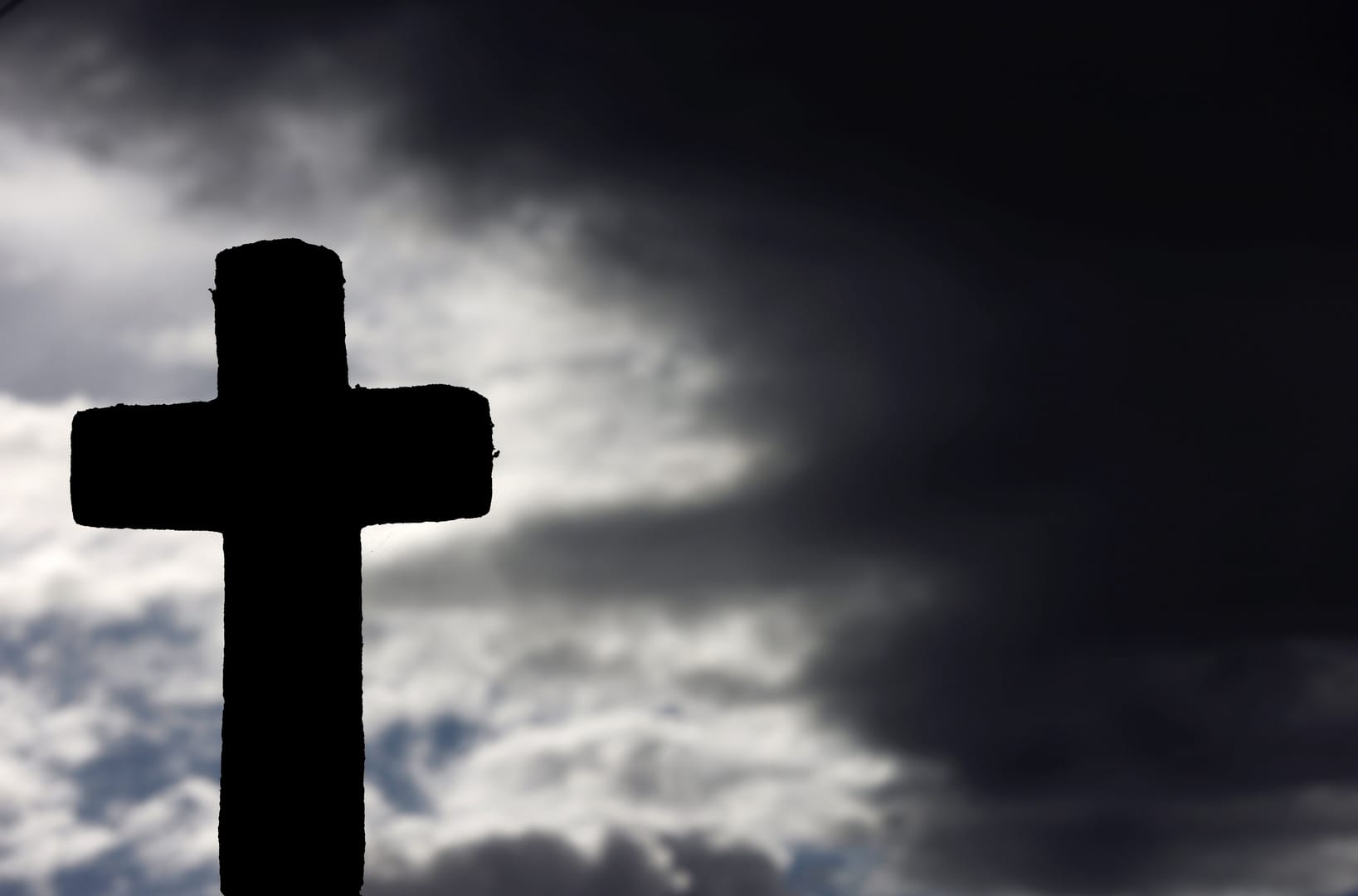
Malmö, Sweden — Pope Francis thanked all the governments of the world that assist refugees and migrants at the second major ecumenical event in Sweden commemorating the Reformation which had a clear focus on Catholics and Lutherans working together for peace and justice.
A solo performance of Gerry & The Pacemakers’ hit “You’ll Never Walk Alone” greeted him as he arrived at Malmö stadium, in the company of the Lutheran World Federation (LWF) president, Bishop Munib Younan, and general-secretary, the Rev. Dr. Martin Junge, as well as the president of the Vatican’s Christian Unity council, Cardinal Kurt Koch.
To the sound of the Taizé chant Laudate omnes gentes, they were driven around the stadium in an open white jeep which — unlike popemobiles — bore the logo of a Swedish golfing hotel, Elisefarm.
Francis, clearly enjoying the energy of the stadium, laughed and joked with Junge, who speaks fluent Chilean Spanish, as the 10,000-strong crowd chanted Pa-pa Fran-ces-co!
“We have agreed to leave conflict behind us, and to move forward by embracing God’s call for us to enter into unity,” Junge told the crowd, who added that it was right that the commemoration moved from the cathedral out into “the pains and the sufferings, but also the joys and hopes of people in this world.”
Reflecting the huge presence of immigrants in Sweden, above all in the Catholic Church, the audience was a rainbow of races and the show was in many different languages.
The service was punctuated by prayers taken from Pope Francis’s social-ecological encyclical, Laudato Si’, and consisted mainly of four testimonies from India, Colombia, Burundi and South Sudan.

Pranita Biswasi, a youth worker from Orissa in India, spoke of the effect of climate change on the poorest. “We cannot change the climate, but we can change the system,” she told Pope Francis.
Bishop Héctor Fabio Henao, the director of Caritas in Colombia and a longstanding player in the peace process there, shared stories of communities’ response to violence as well as stories of forgiveness and reconciliation. “Holy Father, we thank you for your closeness to the peace process. Your messages insisting that we must not waste this opportunity have reached the most remote communities in Colombia,” he said.
Marguerite Barankitse, a Burundi refugee, spoke of the charity she founded to help her country’s war-affected children, Maison Shalom, and how she was forced to leave following threats. “Please accept to be crazy like me!” she urged. “Don’t forget to dream, because each of our dreams makes the world better!”
Rose Lokonyen, a refugee from South Sudan who took part in the Rio Olympics. “Refugees should be treated equally to others,” she said. “May people all over the world talk to their leaders so they help people to go back and rebuild their countries,” she asked.
Responding to the testimonies, Younan told of his own past as a Palestinian refugee, and how he was cared for by the Lutheran Church. “Welcome the stranger among us,” he urged.
“We are experiencing the modern miracle of the Holy Spirit as the disciples experienced it in my home town, Jerusalem, 2,ooo years ago,” he said, adding that the services in Lund showed that “when religious people work for reconciliation, religion can provoke the flourishing of human communities.”
“We pray that God will bless our deepening relationship with each other so that the world may believe,” he concluded.

In his address, Pope Francis gave thanks for the joint commemoration and for the “new atmosphere of understanding” between the LWF and the Catholic Church, before responding to each of the testimonies.
“I share your concern about the abuses harming our planet, our common home, and causing grave effects on the climate,” he told Pranita, adding that “the greatest impact is on those who are most vulnerable and needy.”
“As we say in my country,” he added off-the-cuff, “in the end it’s the poor who pay the price for the big party.”
Responding to Fabio Henao, he asked for prayers “in a special way for that great country, so that, through the cooperation of all, peace, so greatly desired and necessary for a worthy human coexistence, can finally be achieved.”
“Of course, it’s the craziness of the love of God and of neighbor” behind what you are doing, he told Barankitse. “If only this could be propagated!
“Rose, I thank you from the heart for your commitment to encouraging other young women to go back to school, and for the fact you daily pray for the peace in the young state of South Sudan,” he told Lokonyen.
Francis went on to thank “all those governments that assist refugees, displaced persons and asylum-seekers.”
“For us Christians, it is a priority to go out and meet the outcasts and the marginalized of our world, and to make felt the tender and merciful love of God, who rejects no on and accepts everyone,” Francis added, before adding, again off-the-cuff, that “Christians today are called to lead a revolution of tenderness.”
The speeches were followed by the signing of a “declaration of intent” between the the two Churches’ global humanitarian organizations, Caritas Internationalis and the LWF World Service, committing them to work more closely together.
After a moving testimony from the Bishop of Aleppo in Syria, Antoine Audo, and a speech by the Swedish prime minister, Stefan Löfven, the service ended with the singing of a hymn composed by Anders Ruuth, a Lutheran theologian whom Francis — then a Jesuit in charge of formation — in the 1980s invited to lecture at the Colegio Máximo.















